Keywords: Human Rights Day
There are more than 24 results, only the first 24 are displayed here.
Become a subscriber for more search results.
-

INTERNATIONAL
- Sergey Maidukov Sr.
- 04 February 2025
As global powers weigh the prospect of negotiating with Vladimir Putin, indicted for war crimes, the moral dilemma looms: can peace justify sitting down with a war criminal? This question, compounded by the ongoing suffering in Ukraine, forces leaders to balance expediency against the principles of justice, accountability, and human rights.
READ MORE
-
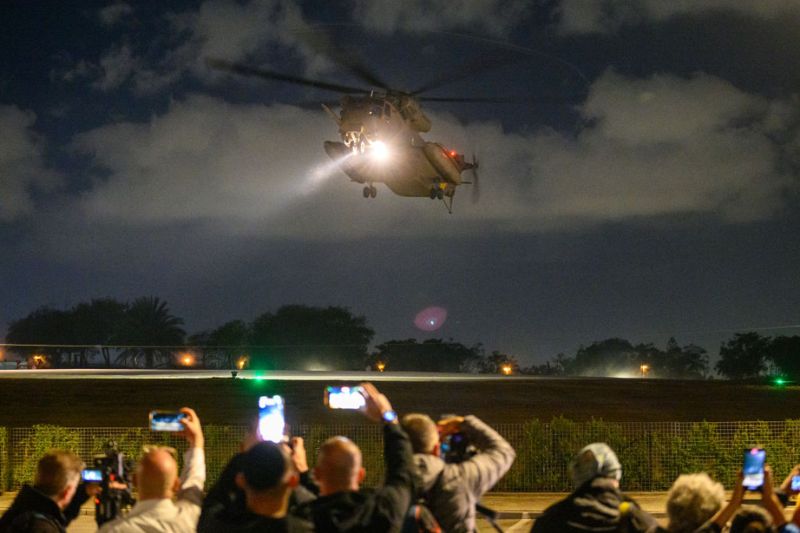
INTERNATIONAL
- Ran Porat
- 30 January 2025
In a negotiated truce, Israel and Hamas have ended a conflict that raged for over a year, since Hamas’ attack on October 7, 2023. As hostages are exchanged with Palestinian prisoners, hopes flicker across a battered region bracing for precarious next steps. But can the truce hold amid vague terms, fragile politics, and Gaza’s looming reconstruction?
READ MORE
-
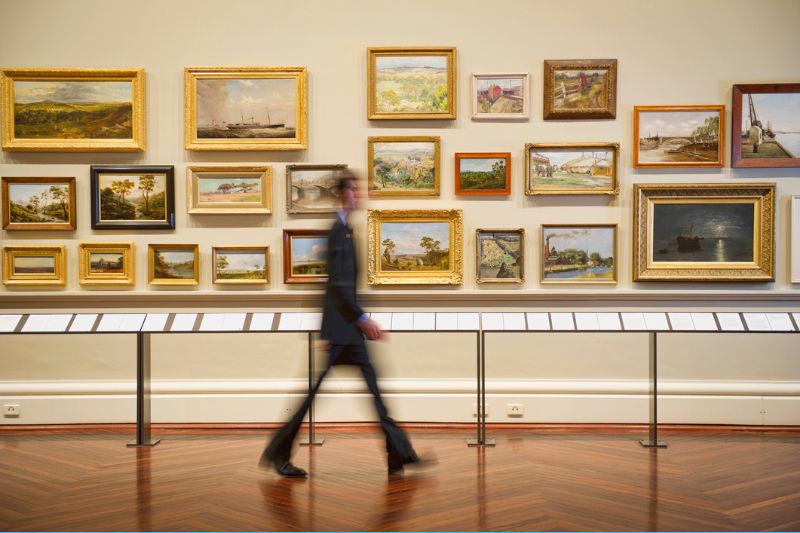
AUSTRALIA
- Andrew Hamilton
- 23 January 2025
Australia's national day remains a divisive symbol, rooted in colonial history. As the country grapples with issues of war, inequality, and climate change, the call for a more inclusive, meaningful celebration grows. How can a national day honour both the complexity of our history and the dignity of all Australians?
READ MORE
-
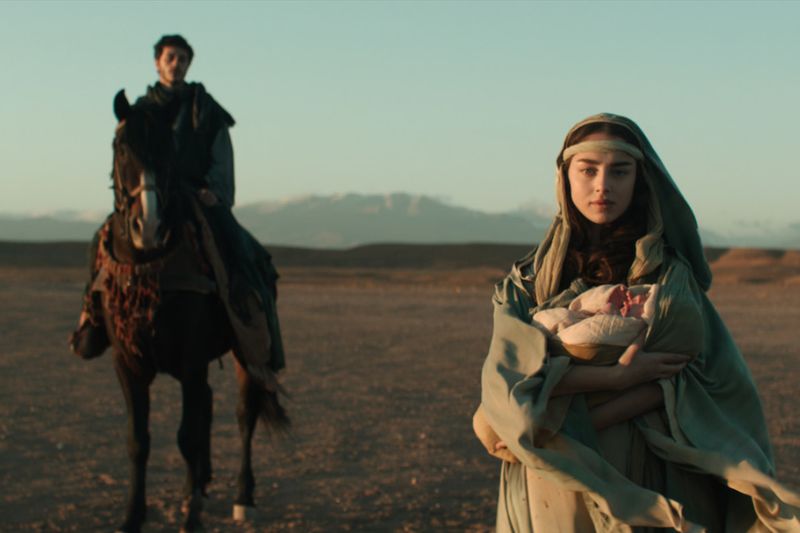
ARTS AND CULTURE
- Juliette Hughes
- 18 December 2024
In a year defined by uneven cultural offerings, books stood tall while cinema faltered and television treaded water. From Alexander Armstrong’s enchanting Evenfall to Patricia Briggs’ mystical Winter Lost, the literary landscape offered gems aplenty. Meanwhile, Netflix’s Mary proved a thunderous flop, and Barbie charmed in pink. Let the debates begin.
READ MORE
-
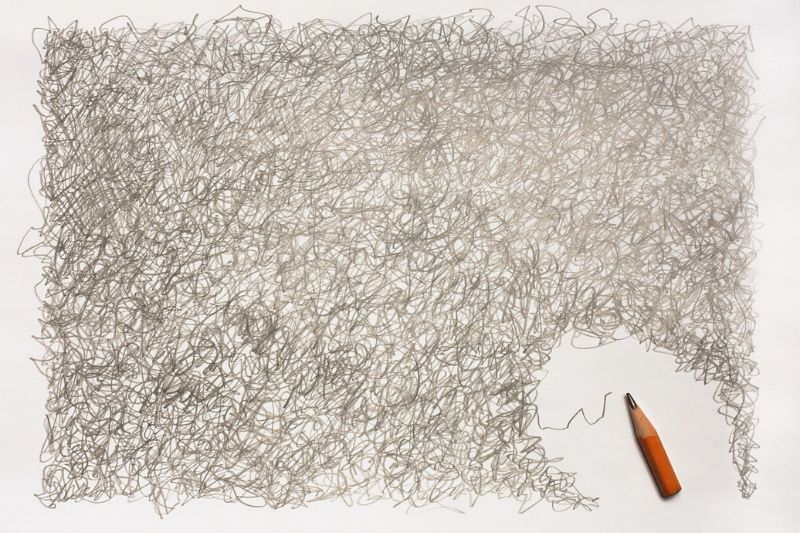
AUSTRALIA
- David Halliday, Michael McVeigh, Laura Kings, Michele Frankeni, Andrew Hamilton
- 18 December 2024
To close the year for Eureka Street, the editorial team are taking a step back to reflect on the character of 2024. What did it demand of us? What did it teach us about ourselves, and the world we inhabit?
READ MORE
-
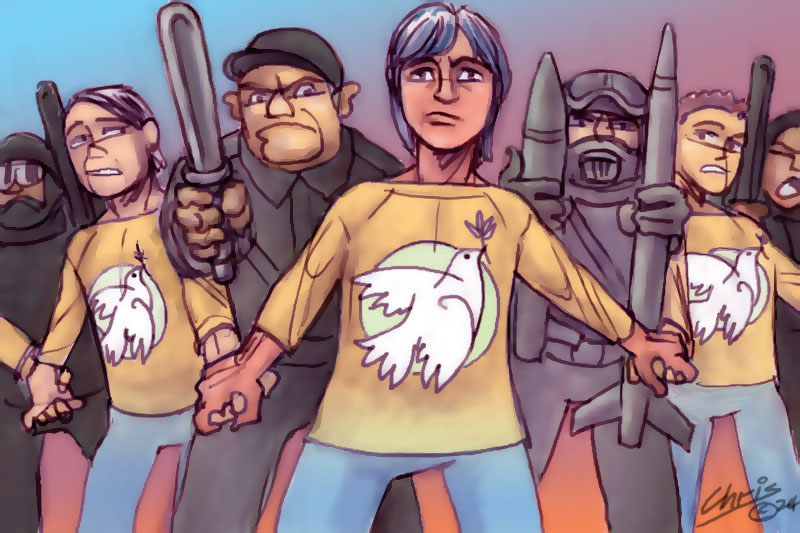
INTERNATIONAL
- Justin Glyn
- 10 December 2024
Peace is hard to define, harder to achieve, and almost impossible to sustain. In a world obsessed with profit, simplistic narratives, and selective outrage, peace feels like a lofty ideal rather than a realistic goal. But what would it take to make peace more than a buzzword—and a true global reality?
READ MORE
-
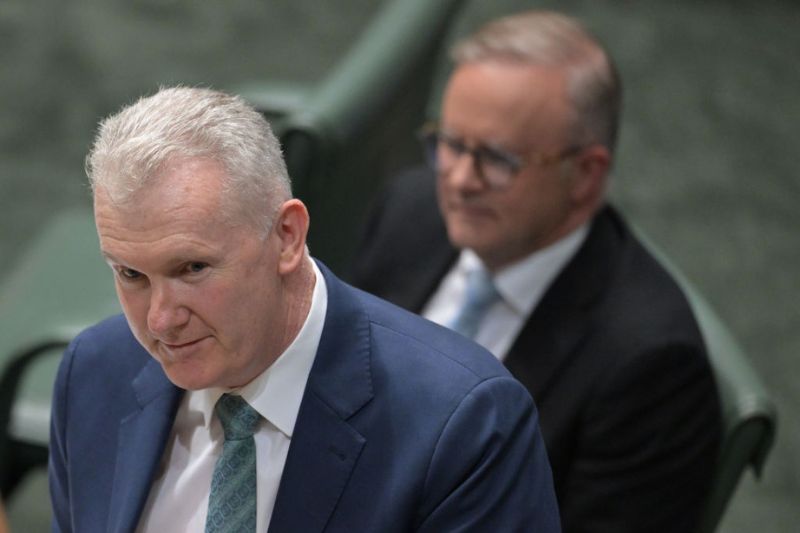
AUSTRALIA
- Frank Brennan
- 04 December 2024
1 Comment
When High Court rulings challenge government policy, they usually prompt reflection and refinement. But for the Federal Government, a recent decision on non-citizen rights has sparked a legislative overreach, mirroring the Opposition’s hardline stance.
READ MORE
-

AUSTRALIA
- Binoy Kampmark
- 04 December 2024
In a move that’s been both lauded as necessary and criticized as overreaching, Australia has enacted legislation banning social media for users under 16, placing enforcement squarely on Big Tech. But behind the legislation lies a contentious debate: does prohibition protect, or does it merely shift the harm?
READ MORE
-
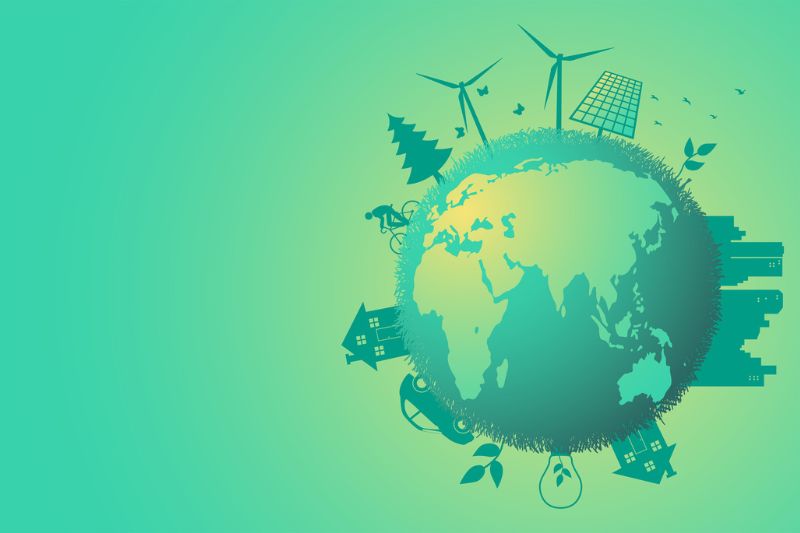
ENVIRONMENT
- David Ness
- 28 November 2024
2 Comments
As the climate crisis deepens, there's an urgent need for a global shift toward fairness, equity, and living well within our planet’s limits. Drawing from Pope Francis’s Laudato Si’, sufficiency thinking offers a critical, overlooked pathway to global equity and sustainability.
READ MORE
-
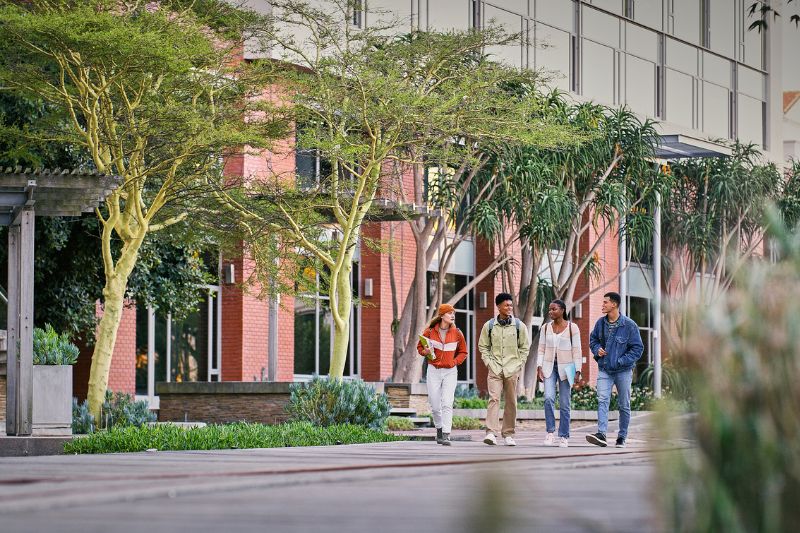
EDUCATION
- Erica Cervini
- 14 November 2024
4 Comments
At an ACU graduation event, students walked out in protest as Joe de Bruyn gave an address condemning abortion, single-parent IVF, and same-sex marriage. The event highlights tensions for Catholic institutions trying to balance traditional Catholic values while also embracing often opposing perspectives a diverse, pluralistic society.
READ MORE
-
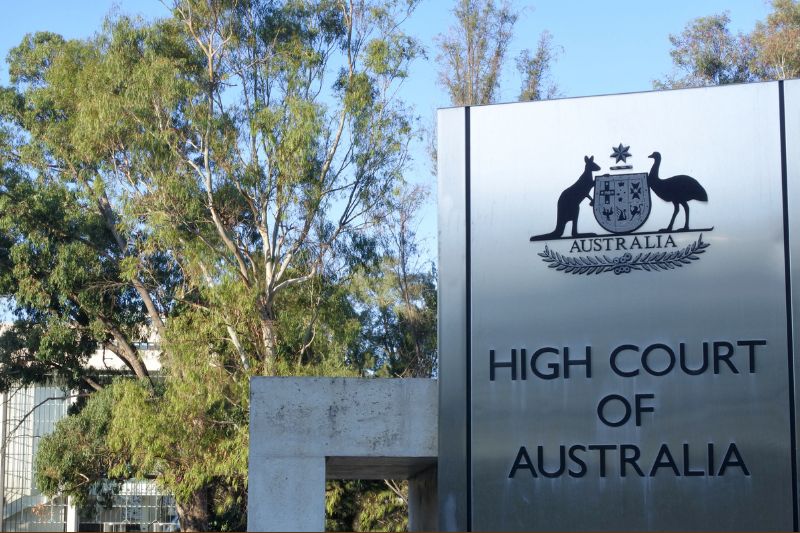
AUSTRALIA
- Frank Brennan
- 08 November 2024
7 Comments
Last week, Australia’s High Court blocked government restrictions on non-citizens with criminal records. As Parliament scrambles to impose new restrictions, Chief Justice Stephen Gageler’s court remains steadfast against policies deemed discriminatory and excessively punitive.
READ MORE
-
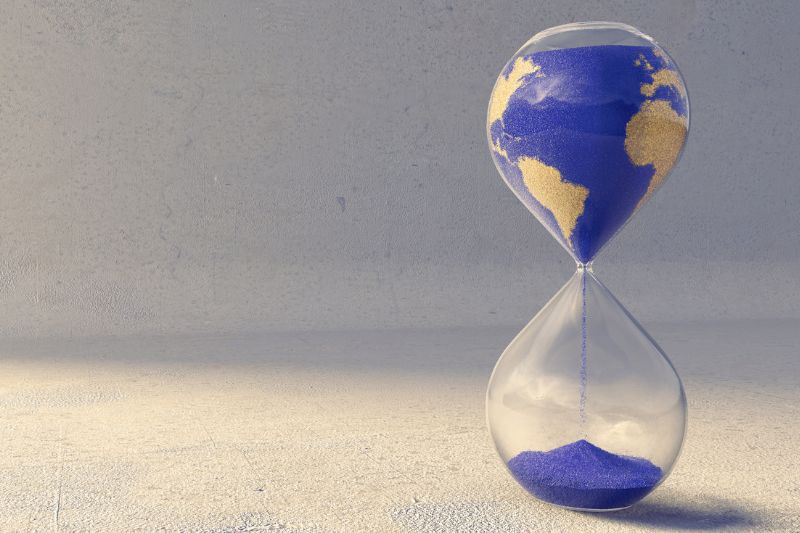
INTERNATIONAL
- Mark Beeson
- 04 November 2024
The Doomsday Clock remains at 90 seconds to midnight, the closest it’s ever been to calamity. In addition to the atomic scientists’ original concern about nuclear war, now climate change and the possible dangers of AI are parts of a potentially combustible mix. In short, there is much to fret about for anyone paying attention.
READ MORE